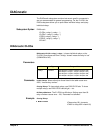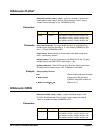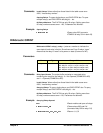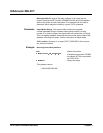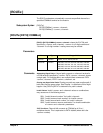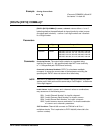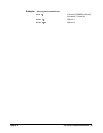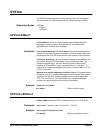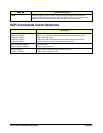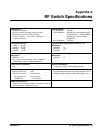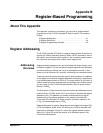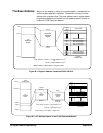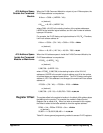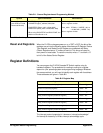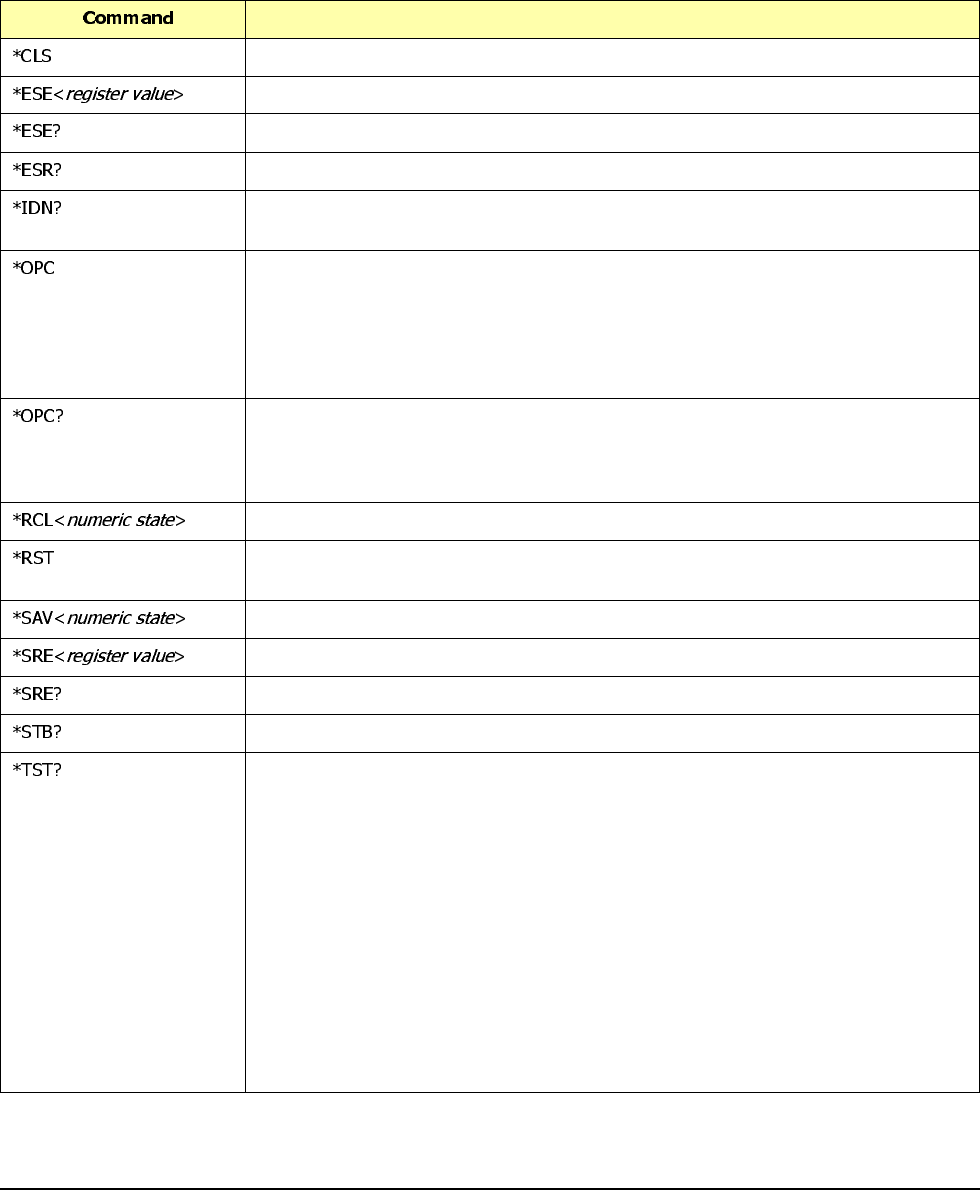
RF Switch Command Reference 37
Chapter 3
IEEE 488.2 Common Commands Quick Reference
The following table lists the IEEE 488.2 Common (*) Commands
accepted by the E1470A module driver. For more information on
Common Commands, see the the ANSI/IEEE Standard 488.2-1987.
Command Description
Clears all status registers and clears the error queue.
Enable Standard Event.
Enable Standard Event Query.
Standard Event Register Query.
Instrument ID Query; returns identification string of the module:
HEWLETT-PACKARD,E1470A,B.01.00
Causes E1470A to set bit 0 (Operation Complete Message) in the Standard Event
Status Register when all pending operations are complete. This allows for
synchronization between instrument and computer or between multiple instruments. For
the E1470A, the only pending operation is the time delay (approximately 16 msec)
provided to allow the relays to settle. If this command waits longer than about 60 msec,
the error -240, “Hardware error” is generated.
Operation Complete Query. The E1470A places a “1” in the output buffer when all
pending operations are complete. For the E1470A, the only pending operation is the
time delay (~ 16 msec) provided to allow the relays to settle. If this command waits
longer than about 60 msec, the error -240, “Hardware error” is generated.
Recalls the instrument state saved by *SAV.
Resets the module to its power-on state; Channel 0 connects to COMmon for all banks.
This is equivalent to PATH x0,x00 (where x is the bank number).
Stores up to 10 module states.
Service request enable, enables status register bits.
Service request enable query.
Read status byte query.
Executes an internal self-test. *TST? compares the actual relay positions (by reading
the hardware) to the specified states (by reading the software state). If the self-test
passes, a “0” is returned. If a discrepancy occurs, the number returned is the decimal
weighted sum of the following errors:
1Register20
h
fails self-test. See Appendix B.
2Register22
h
fails self-test. See Appendix B.
4Register24
h
fails self-test. See Appendix B.
8Register26
h
fails self-test. See Appendix B.
16 Register 28
h
fails self-test. See Appendix B.
*TST? is only valid if the module was programmed using the SCPI [ROUTe:]PATH
command. Register writes and the DIAG subsystem will invalidate the software state
and generate a *TST? error.



